Climate change & biodiversity loss are a fact - so what can we do?
Climate change & biodiversity loss are the most serious issues we can have a positive impact on by changing something as simple as our habits - sounds easy enough! So as buildings and construction play a major part in these problems, accounting for nearly 40% of energy-related carbon dioxide (CO2) emissions, whilst having a direct impact on our natural habitats, quality and affordability of life, so UK Architects (and EcoHome) have decided to react.
UK Architects recently opened a website called Architects Declare giving UK Architects the possibility to sign a pledge to make a difference, and in doing so to unite in making a change for the better in current building practices in the UK. As The EcoHome Network includes the odd Limey (ie. me, I'm the odd Limey!), we also signed the pledge to affirm the EcoHome ethos of making a difference:
"We are committing to strengthen our working practices to create architecture and urbanism that has a more positive impact on the world around us."
As the UK Architects put it: "For everyone working in the construction industry, meeting the needs of our society without breaching the earth’s ecological boundaries will demand a paradigm shift in our behaviour. Together with our clients, we will need to commission and design buildings, cities and infrastructures as indivisible components of a larger, constantly regenerating and self-sustaining system."

Which I, on behalf of EcoHome, wholeheartedly endorse. And to put it simply for all those average Canadian and US Architects, contractors and builders out there that I meet on a regular basis and who respond to my "but why do you do it that way?" questions with a shrug of the shoulders and a "well we've always done it like that" response - We as an industry have to take personal responsability for making changes - TODAY!
Climate Change & the average North American Architect & builder
Instead of being "That Contractor or Architect" who responds to a client "But we build to Code, and that's good enough" - how about that we learn about tried and tested ways of building better, and provide families with resilient homes built for a changing climate? Maybe we can learn from different countries which have similar climates but who are more aware that the path to sustainable architecture is to design and construct buildings that are more efficient and consume less? How about that in North America we as home builders decide to promote building more efficient homes to customers, as our contribution to helping our climate - rather than simply bolting on a whole lot of "extras" (solar panels, HVAC central air etc) to make up for our construction Code deficiencies, and as an extra way of making money, for example!
Profit is a thing, sure, staying in business and providing for our families is a thing too, absolutely - but to what aim if the future is potentially as bleak as scientists are now predicting? The scale of extinction is now undeniable, see here The New York Times, as "What’s at stake here is a liveable world" as seen in The New Yorker.
I've always found it ironic that the Passive House movement started in 1977 in Saskatchewan Canada, but that it took Germany to see and capitalize on the potential! Talk about a missed opportunity for the North American construction industry...
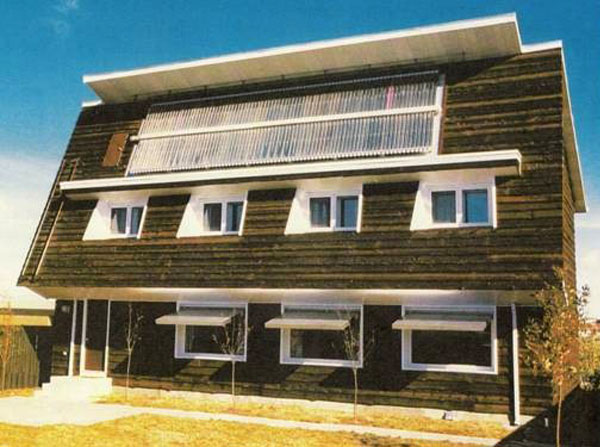
Average North American builders, contractors and even architects might hate me here - but to state it as I see it, and to nail my colors to the mast (Just like Architects Journal did in February) :
Being Complacent Means Being Complicit - You're Killing the future for our Children!
(Too much? Please comment below... I'd LOVE to hear from you!)
What UK Architects are doing to help reduce emissions from buildings
They state: The research and technology exist for us to begin that transformation now, but what has been lacking is collective will. Recognising this, we are committing to strengthen our working practices to create architecture and urbanism that has a more positive impact on the world around us.
Uk Architects signing the pledge are seeking to:
- Raise awareness of the climate and biodiversity emergencies and the urgent need for action amongst our clients and supply chains.
- Advocate for faster change in our industry towards regenerative design practices and a higher Governmental funding priority to support this.
- Establish climate and biodiversity mitigation principles as the key measure of our industry’s success: demonstrated through awards, prizes and listings.
- Share knowledge and research to that end on an open source basis.
- Evaluate all new projects against the aspiration to contribute positively to mitigating climate breakdown, and encourage our clients to adopt this approach.
- Upgrade existing buildings for extended use as a more carbon efficient alternative to demolition and new build whenever there is a viable choice.
- Include life cycle costing, whole life carbon modelling and post occupancy evaluation as part of our basic scope of work, to reduce both embodied and operational resource use.
- Adopt more regenerative design principles in our studios, with the aim of designing architecture and urbanism that goes beyond the standard of net zero carbon in use.
- Collaborate with engineers, contractors and clients to further reduce construction waste.
- Accelerate the shift to low embodied carbon materials in all our work.
- Minimise wasteful use of resources in architecture and urban planning, both in quantum and in detail.
The Founding Signatories are:
Alison Brooks Architects, Allford Hall Monaghan Morris, AL_A, Caruso St John Architects, David Chipperfield Architects, dRMM, Feilden Clegg Bradley Studios, Foster + Partners, Haworth Tompkins, Hodder + Partners, Maccreanor Lavington, Michael Wilford, Rogers Stirk Harbour + Partners, Stanton Williams, WilkinsonEyre, Witherford Watson Mann, Zaha Hadid Architects
All of whom are winners of The Stirling Prize, as awarded every year to the best building in the UK, making them among the most important architects in the country.
But, pinch of salt time, as some of these Architects have received criticism in the past (and present) it's easy to be skeptical of this, especially when the architect of "the dumbest building proposed in the UK", Norman Foster and his phallic Tulip are on there. As Hattie Hartman of the Architects Journal writes, "the 17 founding signatories to Architects Declare must now walk the talk. An obvious first step would be for them to share their sustainable design best practice, both current and planned. These should include measurable targets, reported regularly. A handful of practices already do this but they are in the minority."
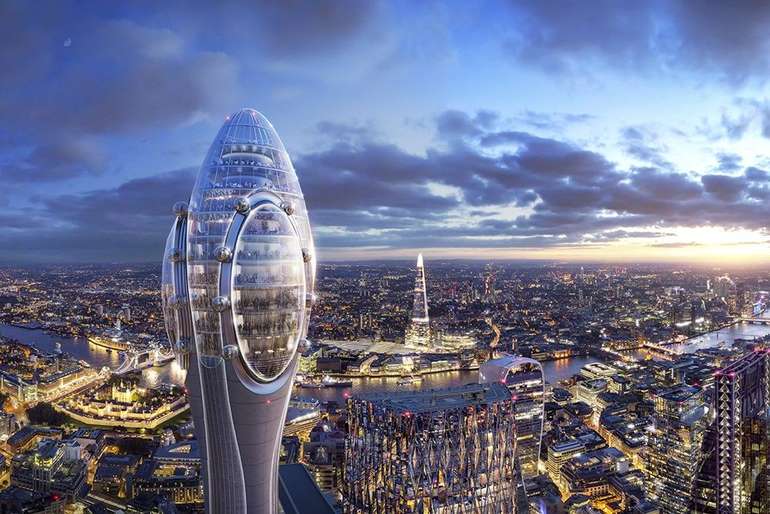
I empasize with what Will Jennings expresses in Architects Journal that it is one thing to sign a pledge, but it's quite another thing to walk away from paid work. He writes "it’s easier to be a critic on the outside than having to implement change from within, not least when so many pay cheques and livelihoods are directly and indirectly dependent upon these decisions."
I wish I had written; "It’s sexier to proudly make a visible stand than to address systematic change within. It’s genuinely fantastic that local authorities, political parties and now architects are declaring a climate emergency, but if it remains as a slogan instead of an immediate and fundamental change in direction then it’s not only meaningless but could cause more damage by acting as a PR mask concealing inaction and propping up the status quo." Or had the audacity to 'call out' the architect, Sir Norm, for his "grotesque f-you to a sustainable future, The Tulip"
But I'm happy to be able to quote him and help bring folks in the North American construction community to debate and question their overwhelming and complacent reality of an industry that will only change when we change - and that there's absolutely nothing to stop us from making that difference - right now.
What can we do in North America to mitigate Climate Change?
Be part of the solution, not part of the problem, that's how...
The bonus being, we make ourselves as Building Professionals future-proof in the process, by viewing change as an opportunity for the North American home building community rather than a threat.
In recent articles such as Strategy in the face of disruption: A way forward for the North American building-products industry it's highlighted that "After years of relative stability, the homebuilding value chain in North America is poised for disruption. A combination of six forces—including persistent shortages of skilled labor, digitization, and ongoing consolidation—will demand innovations in materials, techniques, and even operating models. In this sped-up, digital-dominant world, incumbents that do not adapt to frequent shifts will lose market share and industry position to technologically savvy newcomers."
As Deloitte point out in their report 2019 Engineering and Construction Industry Outlook "Those firms that embrace the projects of tomorrow and invest in digital transformation are expected to be the winners here."
But How can I Learn Green Building Techniques?
Well, in this digital age it's never been easier to educate ourselves - so to get some ideas on specific elements of Green Building, take a look at The EcoHome Network's Green Building Guides section here - and if you get stuck, or want some specific help, then post us a Green Building technical question here.
The only pledge I'm asking any of us in the North American building community to make, is to walk the walk, talk the talk, and make a difference - have an Eco-conscience and do our best to:
Build Better, Renovate Better and Live Better.
Thanks for reading, and leave a comment below if I hit a nerve...















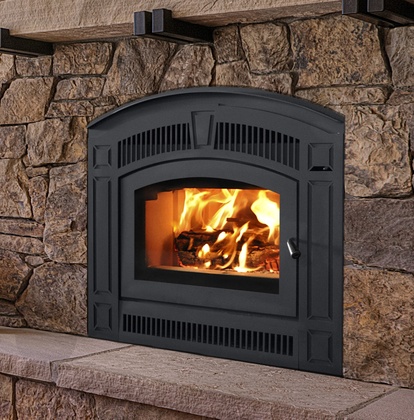



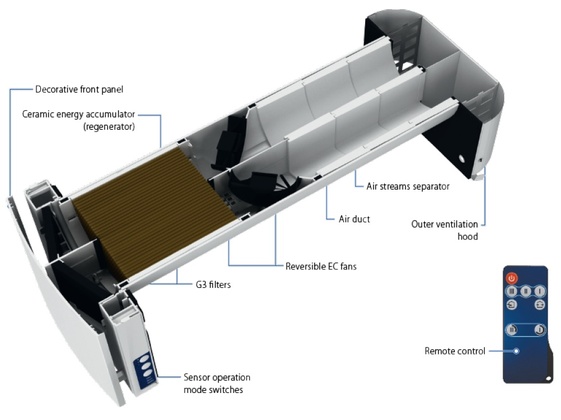


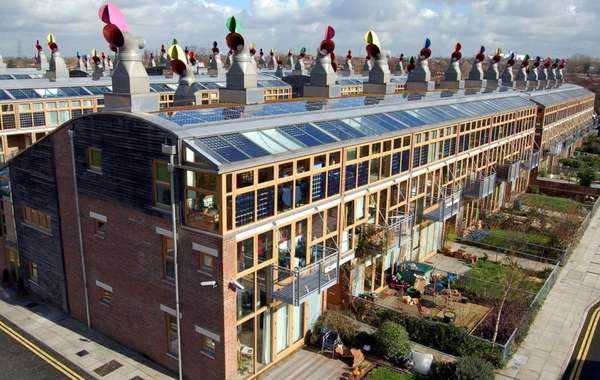
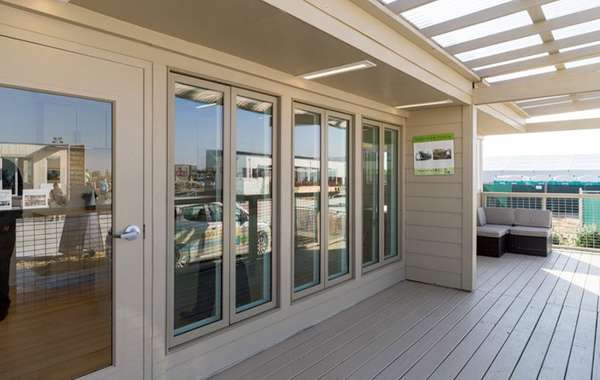
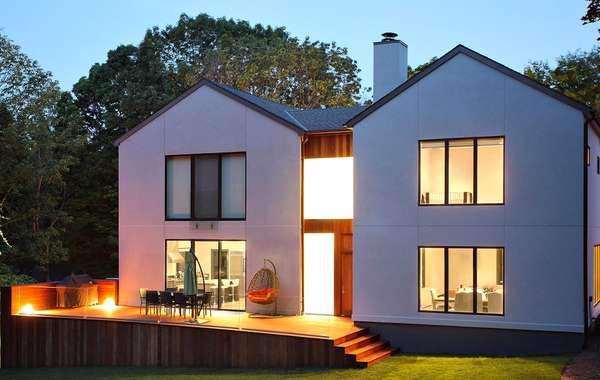


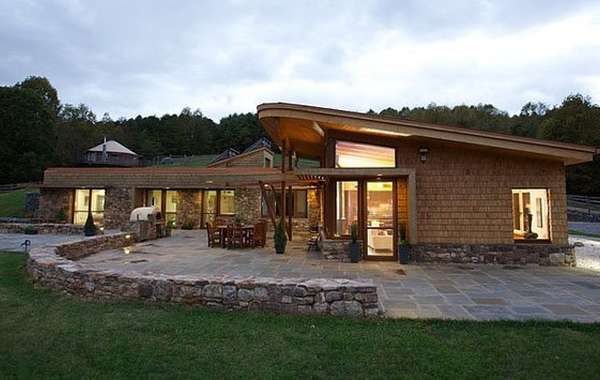

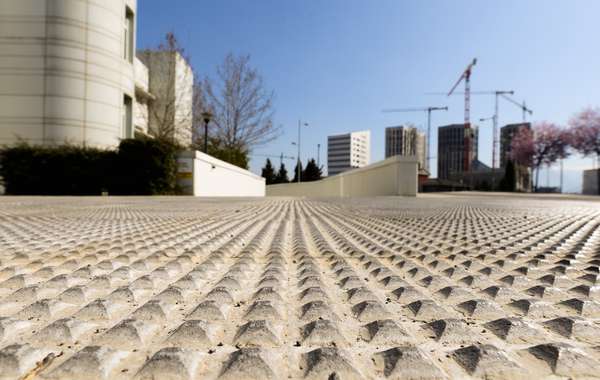
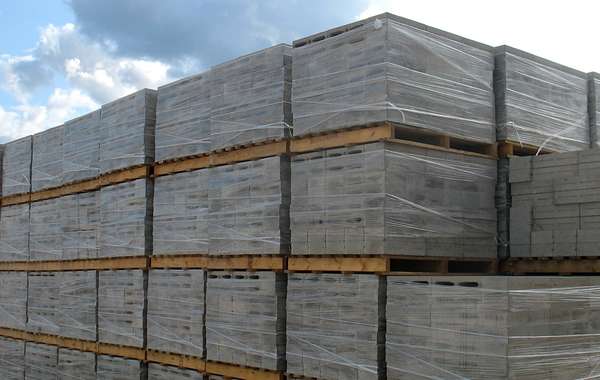
Comments (0)
Sign Up to Comment